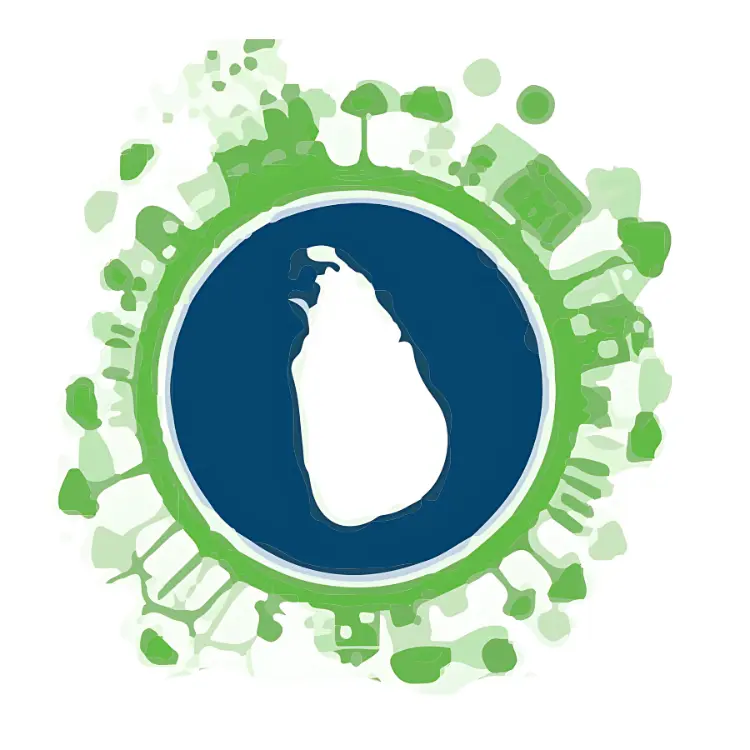Sustainability
Sustainability
Sustainability and sustainable development have emerged as prominent concepts over the past decade, reflecting their critical importance in shaping the future world we envision. Finance has been identified as a vital resource that not only supports economic activities globally but also fosters environmental and social sustainability. An increasing number of financial institutions are now adopting comprehensive policies, standards, and lending practices aimed at reducing the environmental and social impacts of their operations. By implementing sustainable financing practices, these institutions seek to ensure that economic development proceeds without jeopardizing ecosystems or depleting resources for future generations.

Sustainable Finance
The definition of sustainable finance, along with its constituents, is currently undergoing significant evolution. It can be broadly characterized as the provision of financial services that integrate environmental, social, and governance (ESG) criteria into the decision-making processes and operational activities of firms. The objective is to achieve enduring benefits for the firm, its diverse stakeholders, and society as a whole, while also considering environmental stewardship.
Green finance represents a subset of sustainable finance, specifically focusing on the allocation of financial resources to address the challenges posed by climate change and to facilitate the transition to a low-carbon economy. Sustainable finance plays a crucial role in advancing the Sustainable Development Goals (SDGs) ratified by the United Nations. Furthermore, the principles of inclusive and responsible financing are fundamental to sustainable finance, as they promote the mobilization of funds at grassroots levels, thereby fostering sustainable development at all societal tiers and advancing prosperity while safeguarding the planet.

The Sri Lankan context
In 2016, the Central Bank of Sri Lanka joined the International Finance Corporation (IFC) supported by the Sustainable Banking Network (SBN), which represents 86% of banking assets in emerging markets. CBSL, is the official representative for IFC in Sri Lanka and have an active steering committee for Sustainable Finance with the representation of FHA. ‘The Roadmap for Sustainable Finance was launched in June 2019 with the financial assistance of the Biodiversity Finance Initiative (BIOFIN) of the United Nations Development Programme (UNDP) along with technical assistance of the IFC. The Roadmap was developed in consultation with stakeholders including the Sri Lanka Banks’ Association (Guarantee) Ltd. (SLBA), the Finance Houses Association of Sri Lanka, the BOX 7 A New Era in Banking : Green and Beyond Insurance Regulatory Commission of Sri Lanka and the Securities and Exchange Commission of Sri Lanka.( Annual Report Central Bank of Sri Lanka, 2020).
FHA sustainability mandate
FHA published launched the Sustainability Mandate in November 2020 with the agreement of all LFCs.
The purpose of this mandate is to, “serve as the guideline for the Licensed Finance Companies (LFCs) in Sri Lanka to integrate sustainability principles holistically into their businesses, enabling sustainable value creation through their own sustainable finance approaches, in line with defined sustainability guidelines, that would ultimately contribute towards national sustainability agenda and UN Sustainable Development Goals”

FHA Sustainability Sub Committee
FHA has initiated a subcommittee for Sustainable Finance with the representation of all member companies in 2020. The mandate of subcommittee is as follows.
The purpose
Create an industry movement to promote and support sustainable development.
Objectives
Explore the opportunities jointly to transform the member companies into sustainable and value driven financial institutions.
Create a synergistic partnership to support the sustainability priorities of the country
Collaborate to undertake activities that support sustainable development
Join together to promote the sustainability activities undertaken as individual companies
Mutually support the member companies to increase sustainability literacy, skills and volunteerism of the staff

